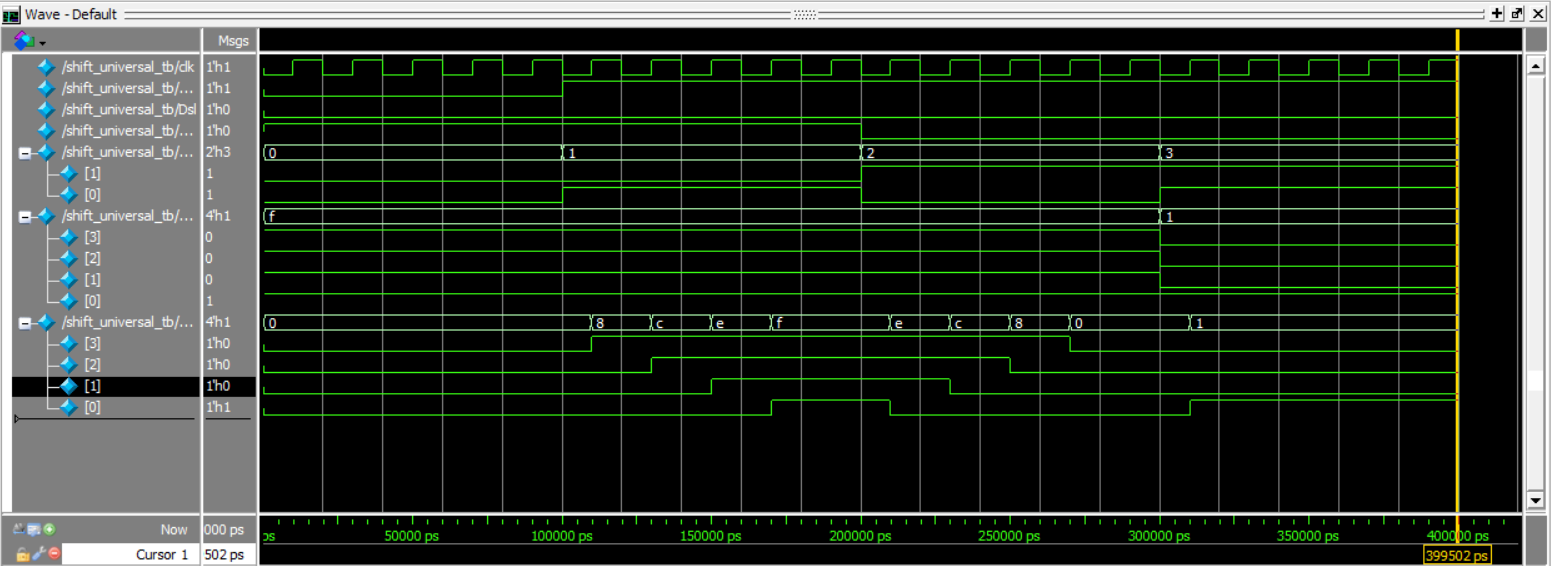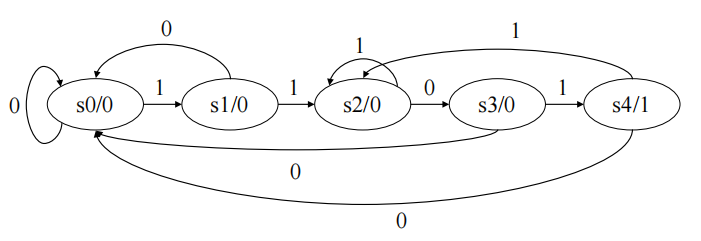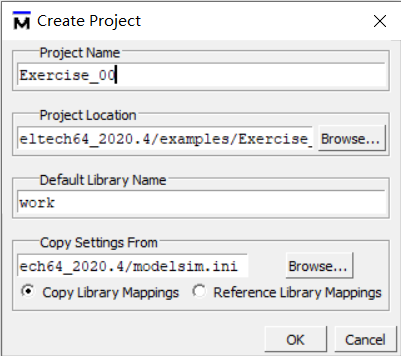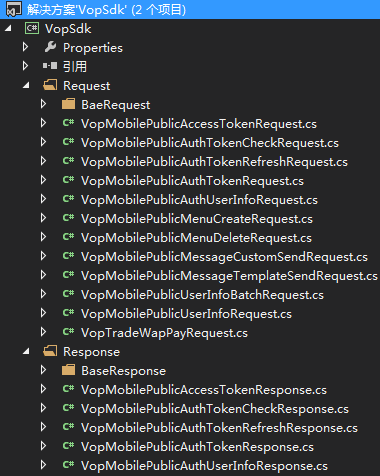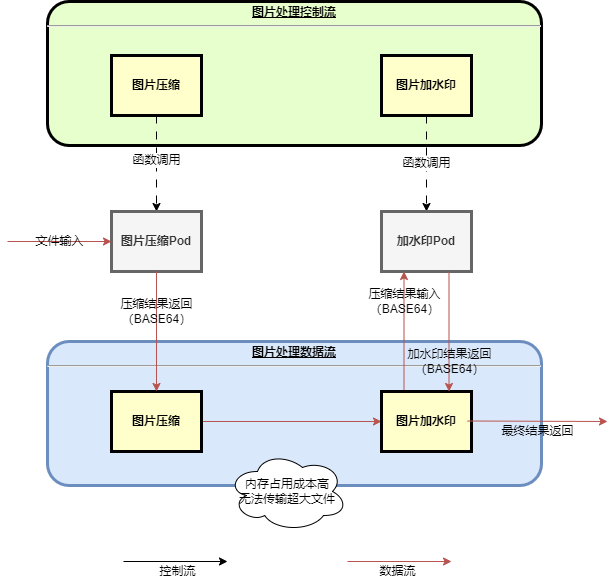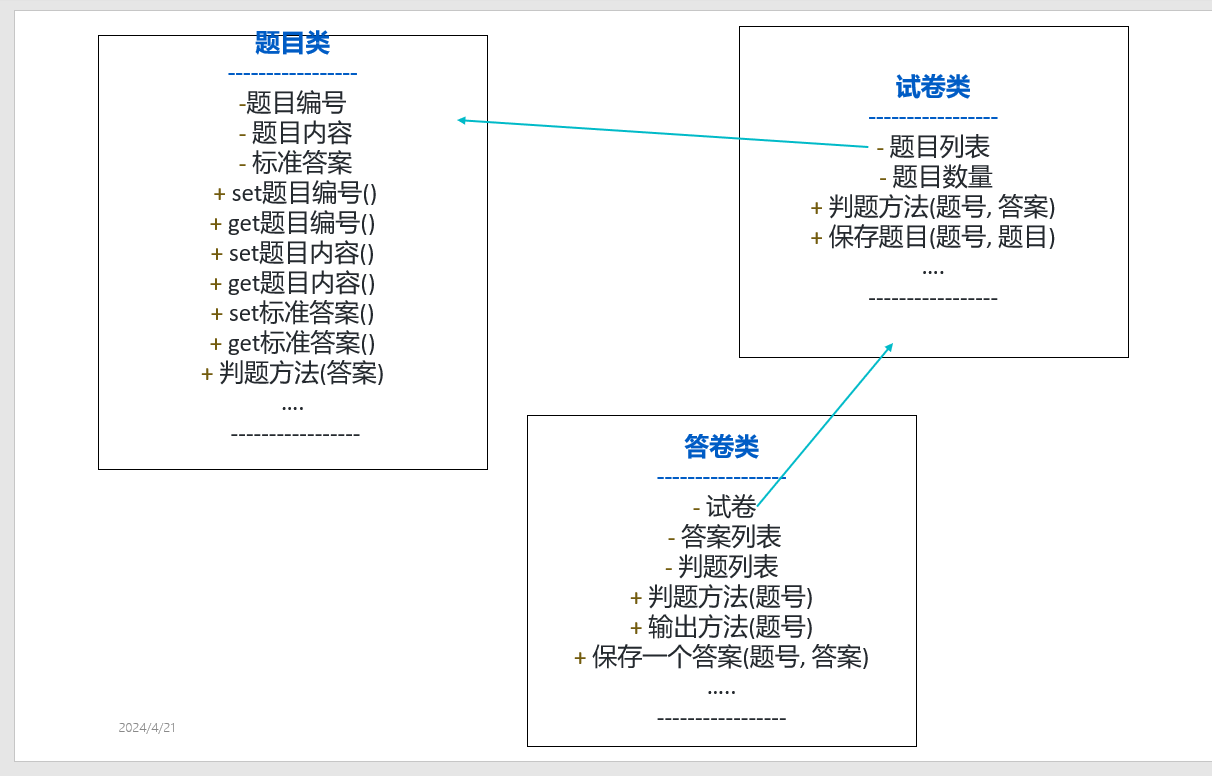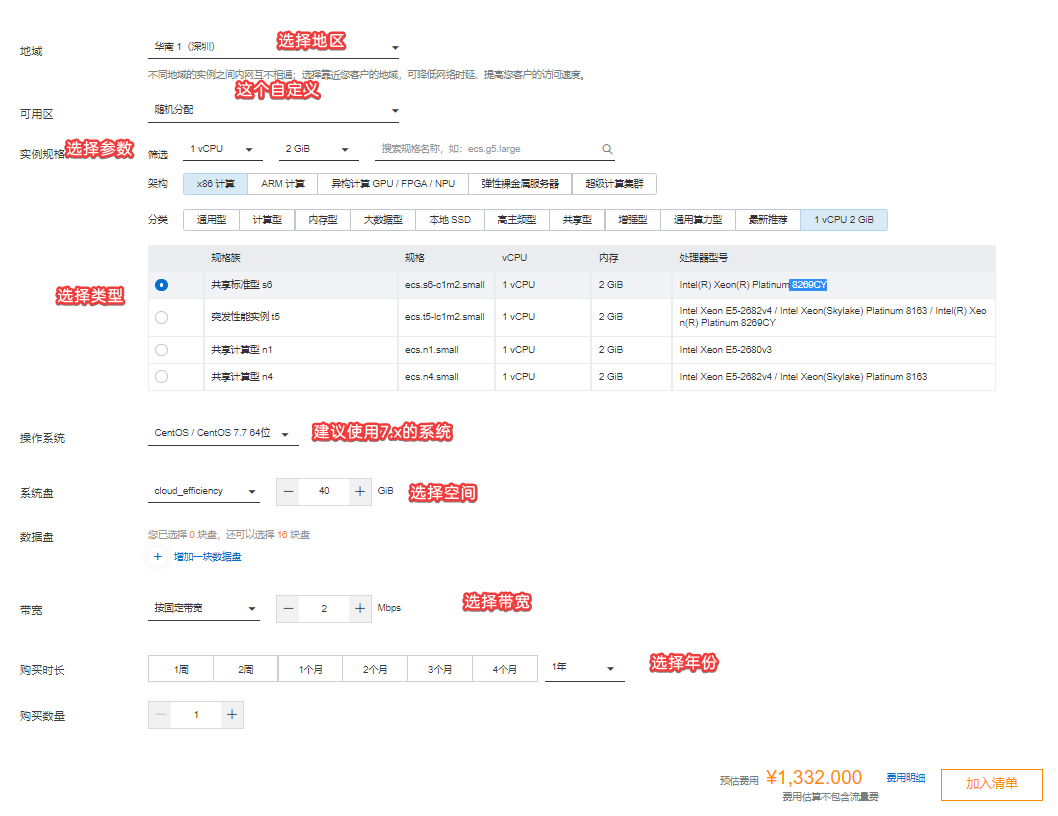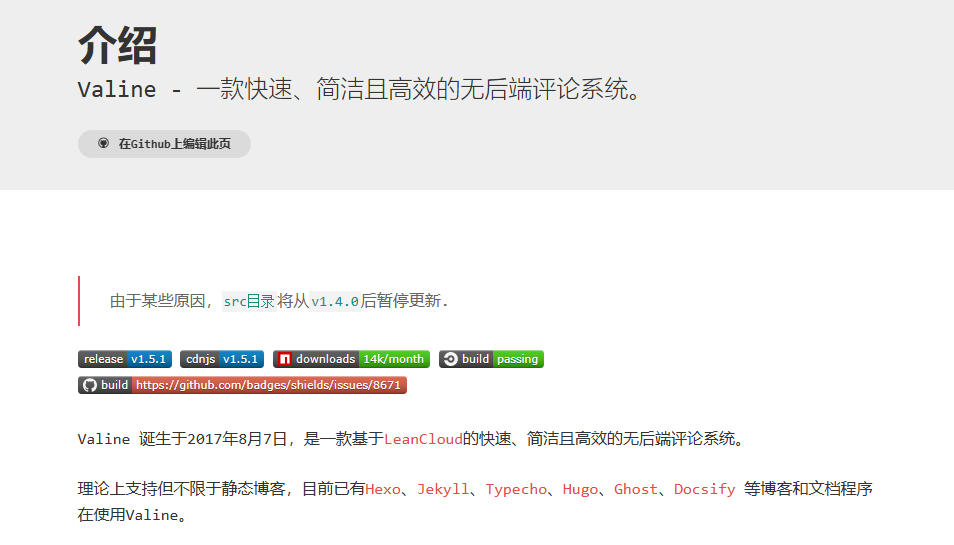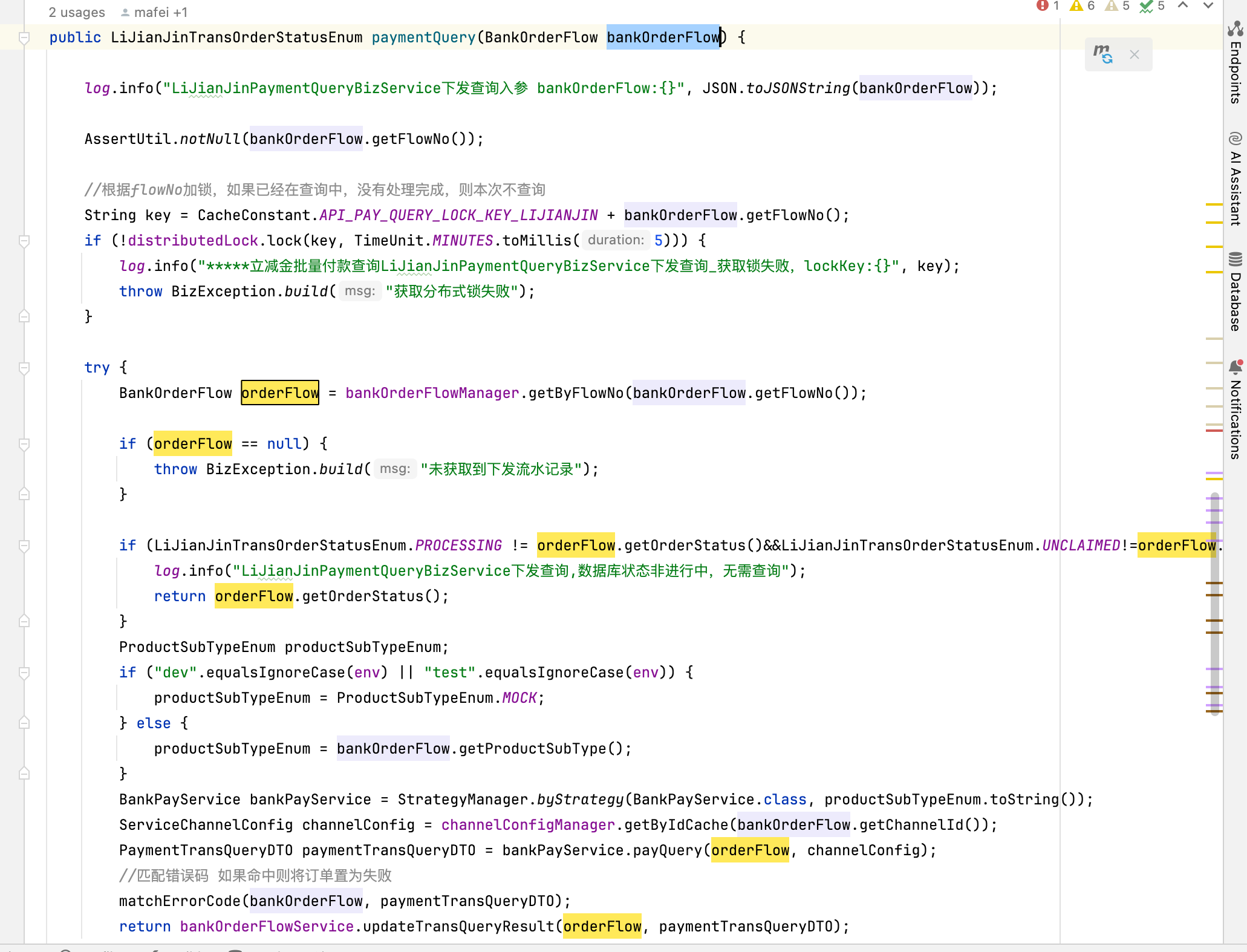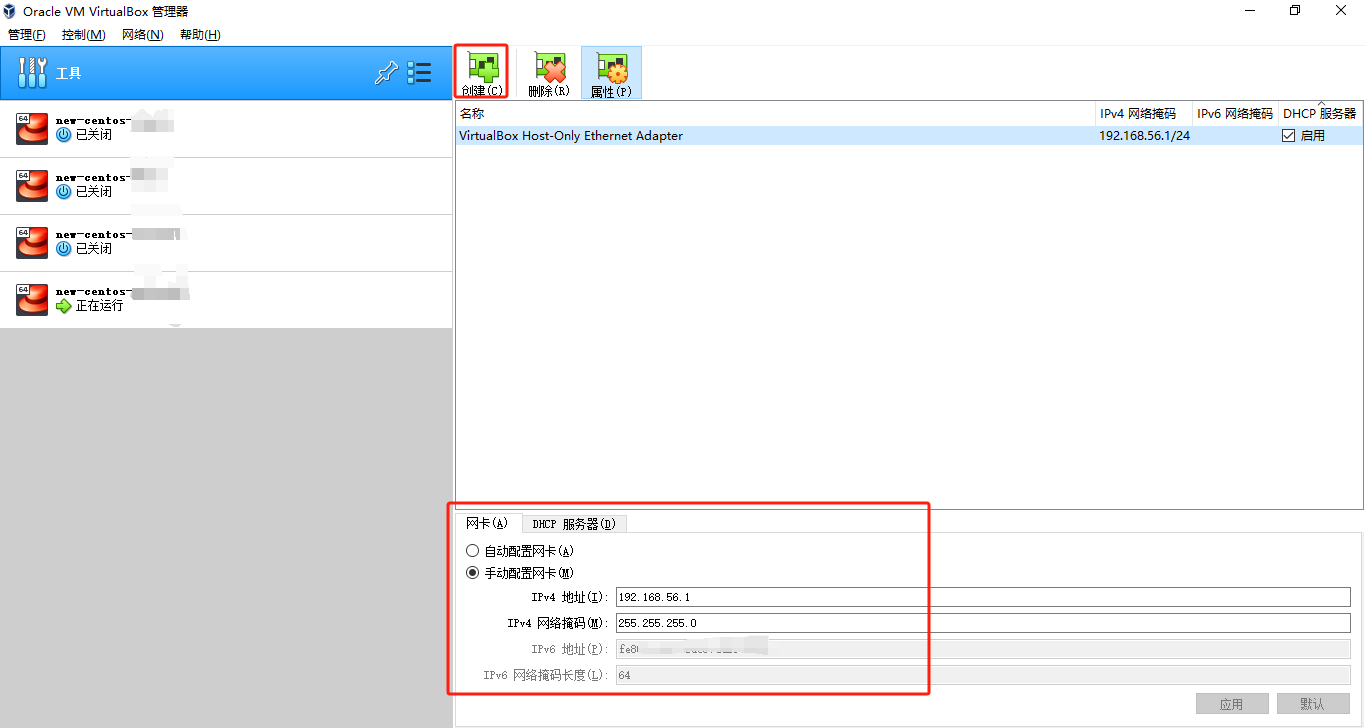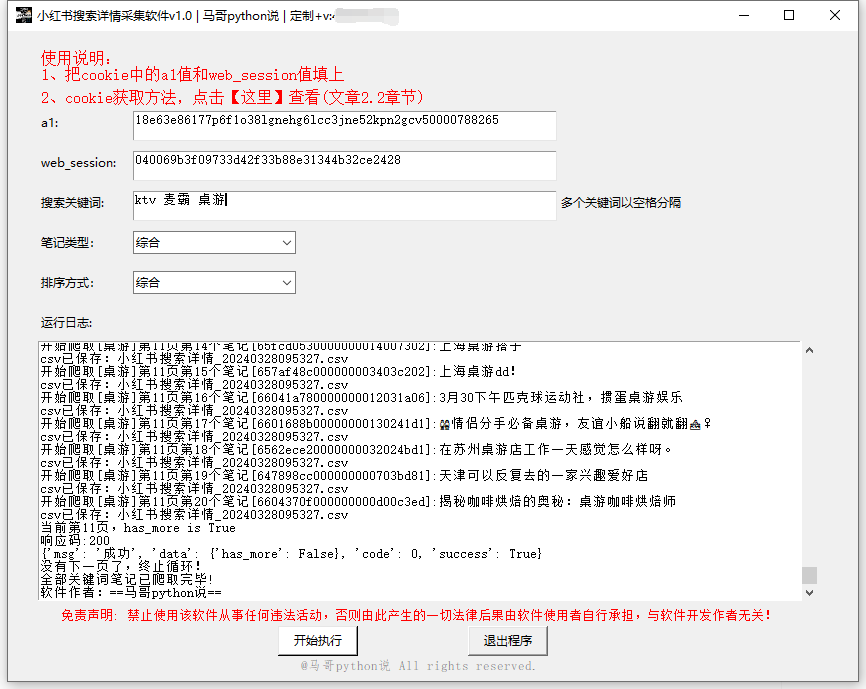数电第二周总结_CC
重点:
模块实例化、仿真测试、数值表示、参数、表达式、
-
模块实例化端口连接方法:
A.顺序端口连接:需严格按照模块定义时的顺序
B.明明端口连接:对端口信号顺序不做要求

Ex-1
//通过例化二路选择器(mux21)实现四路选择器(mux41)。要求采用“名称连接方式”进行例化。
module mux41(
input a, b, c, d, sel0, sel1,
output out);
mux21 mux1(
.data0(a),
.data1(b),
.sel(sel0 & ~sel1),
.out(out0));
mux21 mux2(
.data0(out0),
.data1(c),
.sel(~sel0 & sel1),
.out(out1));
mux21 mux3(
.data0(out1),
.data1(d),
.sel(~sel0 & ~sel1),
.out(out2));
assign out = out2;
endmodule
- 仿真测试: 测试通过Verilog编写的电路功能是否正确
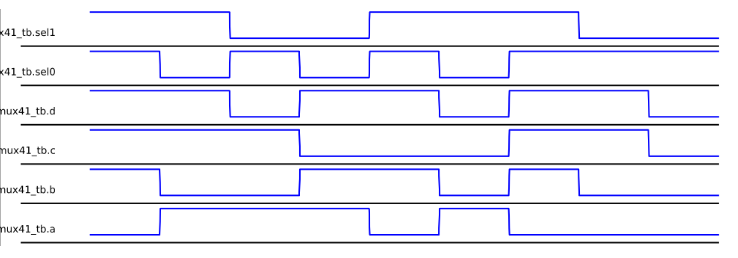
Ex-2
// 为四路选择器(mux41)编写测试平台,验证其功能正确性。
module mux41_tb();
reg a, b, c, d, sel0, sel1;
wire out;
mux41 u1(out, a, b, c, d, sel0, sel1);
initial begin
a=0; b=1; c=1; d=1; sel0=1; sel1=1;
#10 a=1; b=0; c=1; d=1; sel0=0; sel1=1;
#10 a=1; b=0; c=1; d=0; sel0=1; sel1=0;
#10 a=1; b=1; c=0; d=1; sel0=0; sel1=0;
#10 a=0; b=1; c=0; d=1; sel0=1; sel1=1;
#10 a=1; b=0; c=0; d=0; sel0=0; sel1=1;
#10 a=0; b=1; c=1; d=1; sel0=1; sel1=1;
#10 a=0; b=0; c=1; d=1; sel0=1; sel1=0;
#10 a=0; b=0; c=0; d=0; sel0=1; sel1=0;
#10 a=0; b=0; c=0; d=0; sel0=0; sel1=0; //Q:为什么需要添加这样的复位操作?
end
initial
$display($time, "a=%b b=%b c=%b d=%b sel0=%b sel1=%b out=%b", a, b, c, d, sel0, sel1, out);
endmodule
- 数值表示——进制:
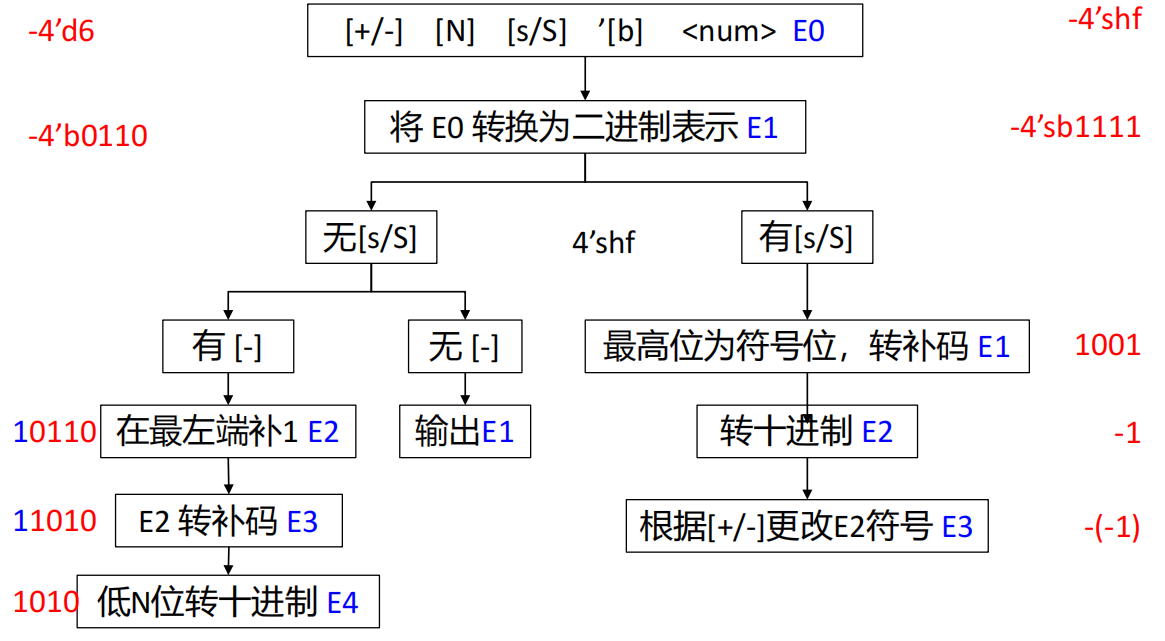
(1) 4'b1001表示的十进制数为:\(\underline 9\)
(2) -4'b1001表示的十进制数为:\(\underline {-7}\)
(3) 4'sb1001表示的十进制数为:\(\underline {-7}\)
(4) -4'sb1001表示的十进制数为:\(\underline 7\)
-
数值表示——位宽对齐:
- 位宽大于实际位数:最高位为x/z,左补x/z;最高位为0/1,左补0.
- 位宽小于实际位数:低位截断.
-
参数:
// 参数的申明
module AAAA
#(
parameter MSB=3,
parameter LSB=0
)
(
input [MSB:LSB] in,
input clk,
output [MSB:LSB] out,
output full, empty
);
......
endmodule
// 参数传递——顺序列表连接
AAAA
#(MSB3, LSB2) //不可直接写后者,会对前者的值进行覆盖
AAAA_inst(
.in(in),
.clk(clk),
.out(out),
.full(full),
.empty(empty)
);
// 参数传递——参数名称连接
AAAA
#(.MSB(MSB3),
.LSB(LSB2)) //无关乎先后顺序
.in(in),
.clk(clk),
.out(out),
.full(full),
.empty(empty)
);
- 表达式:
A.算术运算符:

以下式为例:
Y = (A + C) + (B + D)
}\]
\({(A+C)+(B+D)}\)的结果长度取每个操作的最大操作数的长度,最终\(Y\)的结果取决于\(Y\)的长度。
B.位运算: 输出长度取决于输入


C.逻辑运算: 输出长度为1

D.缩位运算: 单目运算

E.关系运算符:

F.移位运算符:
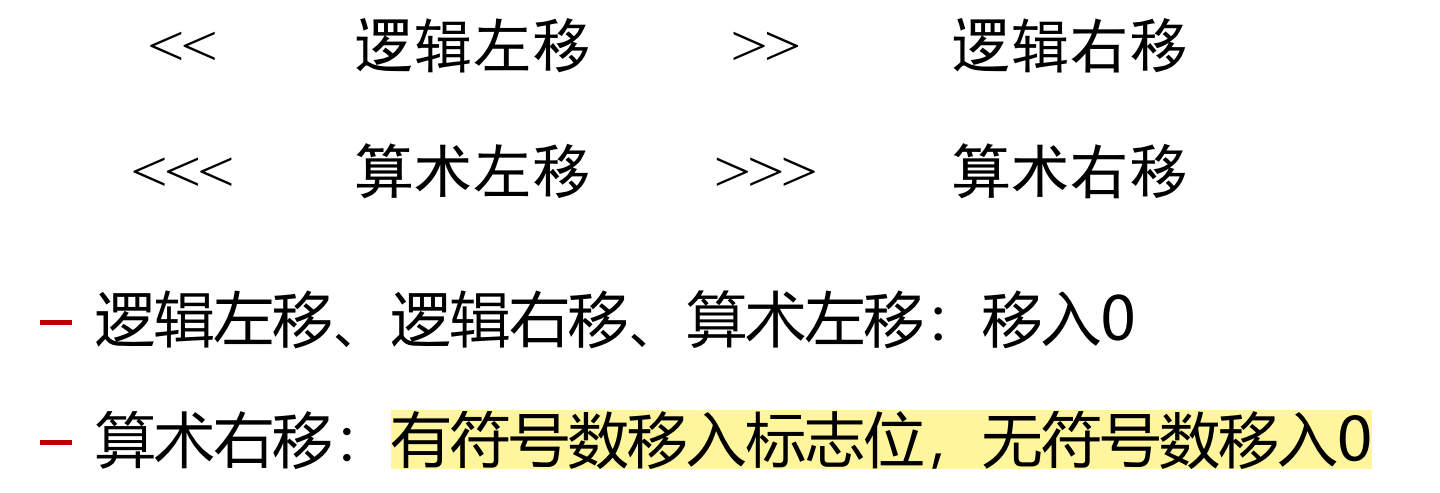
G.拼接运算符:


H.条件运算符: (? :)
运算符练习题:
已知变量定义为:reg [3:0] a, b; reg [2:0] c; reg[4:0] d; 若a = 4'b0000; b = 4'b1101; c = 3'b100; d = b + c; 请给出下列函数的对应二进制输出
(1) (b + c) 输出结果为:\(\underline {0001}\)
(2) d 输出结果为: \(\underline {10001}\)
(3) (d? c : a) 输出结果为:\(\underline {0100}\)
(4) (d? a : c) 输出结果为:\(\underline {0000}\)
已知d=6'001010,e=5'bx1100,$display(d|e): 6b'0x1110



